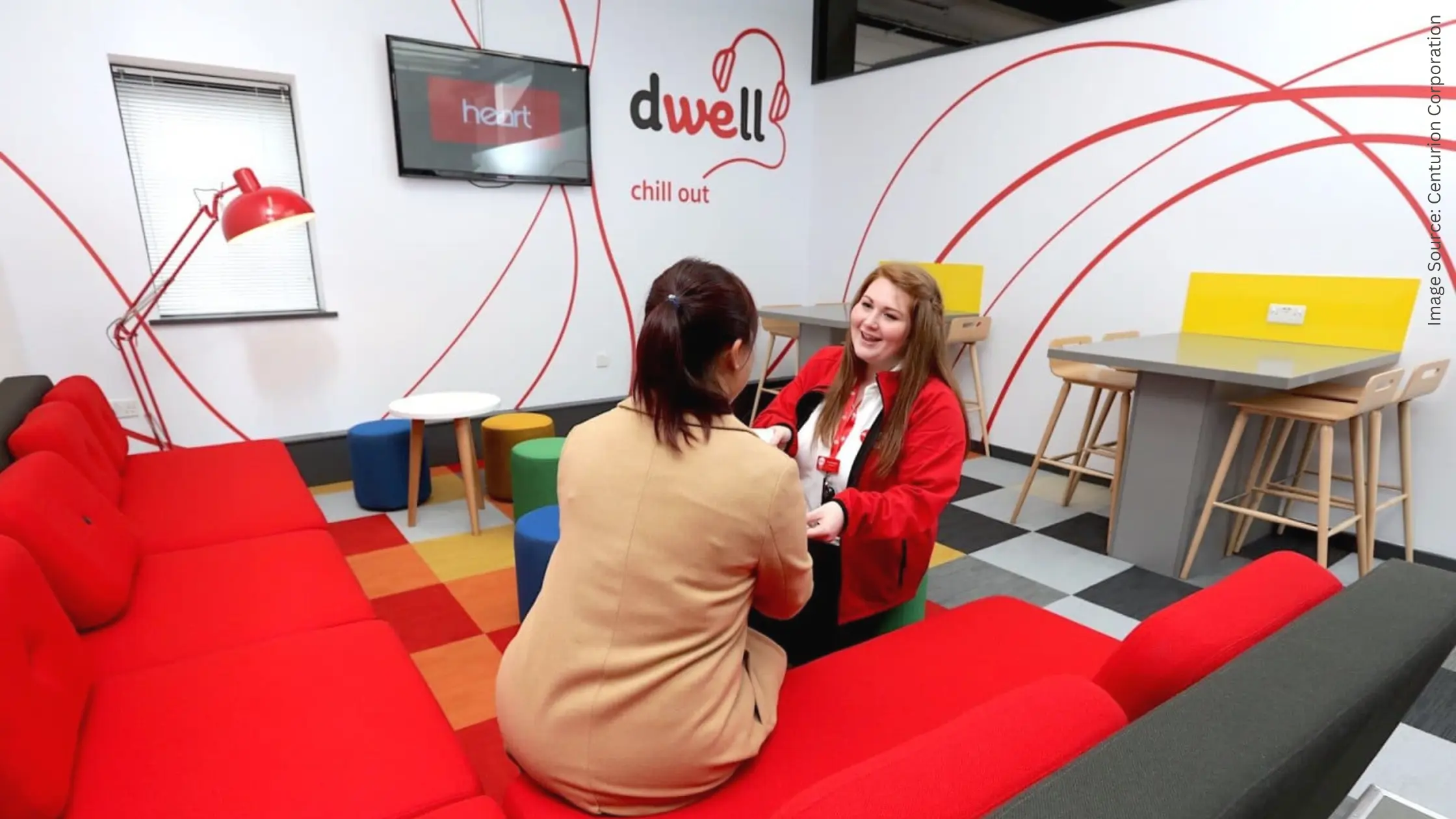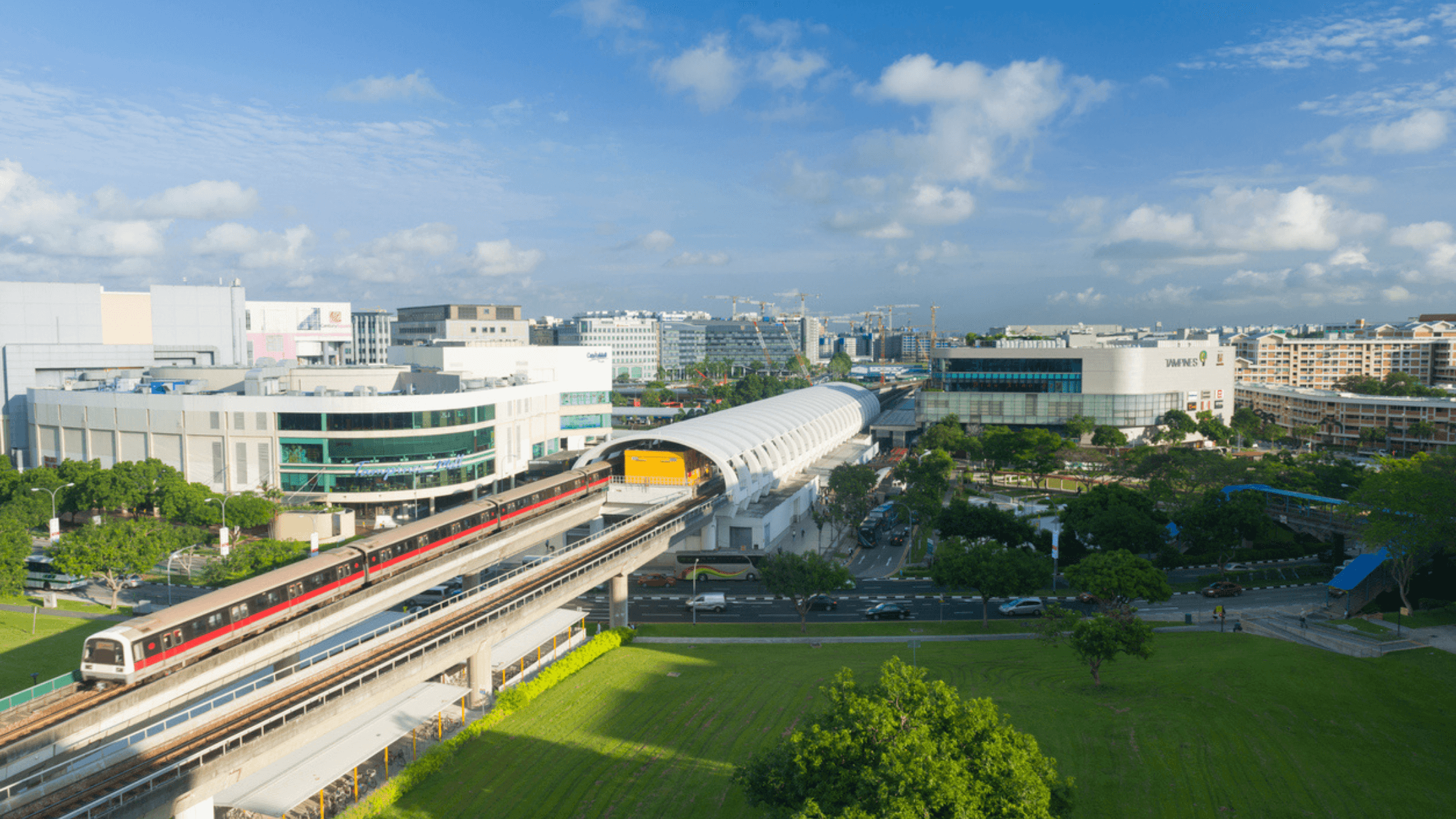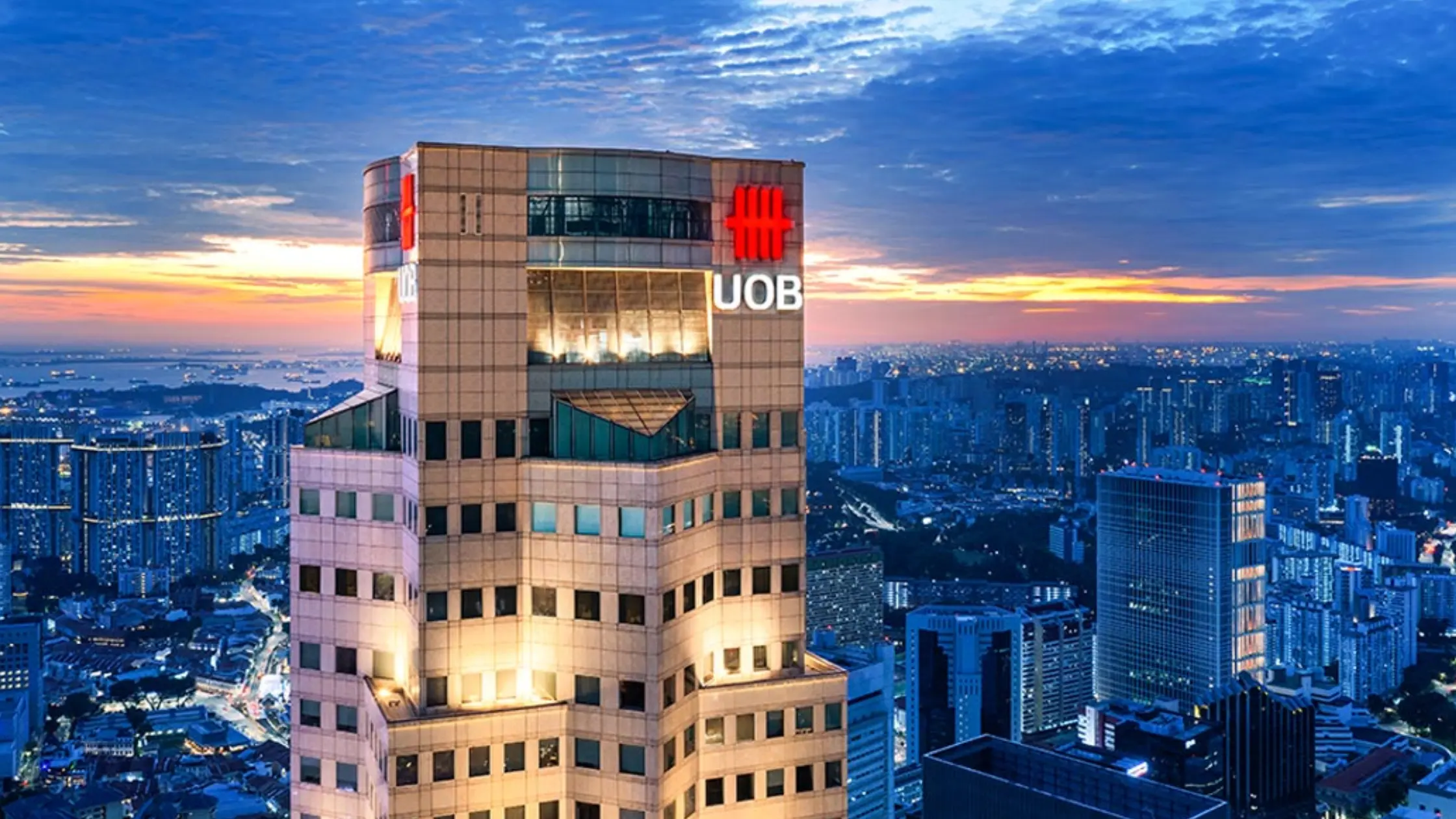10 Key Insights for Healthcare REIT Investors: Focus on Parkway Life REIT’s Strategy and Performance
February 6, 2024
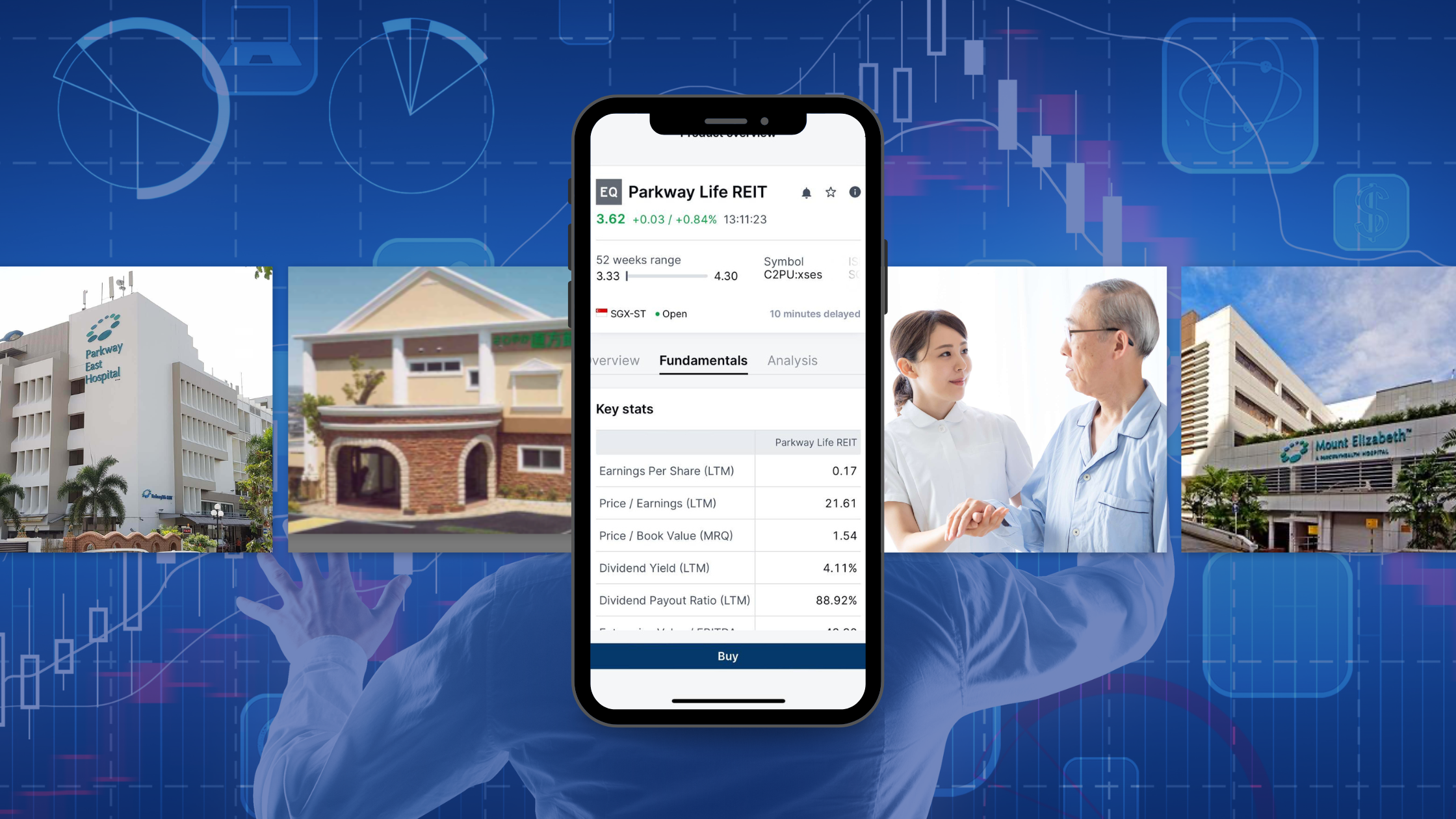
For investors eyeing Parkway Life REIT (SGX: C2PU) or healthcare REITs in general, understanding key factors that influence their performance is crucial. Parkway Life REIT is one of Asia’s largest listed healthcare REITs with a portfolio value of S$2.20 billion across Singapore, Japan and Malaysia. The healthcare REIT has recently announced its FY2023 results.
Here are 10 key insights to watch out for from Parkway Life REIT’s financial performance in FY2023.
1. Strong and consistent DPU growth
Parkway Life REIT’s history of consistent distribution per unit (DPU) growth, including the recent 2.7% year-on-year (yoy) increase to 14.77 cents for FY2023, is a vital metric indicating the REIT’s ability to deliver stable and growing returns to investors. In fact, Parkway Life REIT’s DPU has grown steadily since its IPO. As of FY2022, DPU has grown steadily at a rate of 127.5% or translated into a compounded annual growth rate (CAGR) of 5.6%.
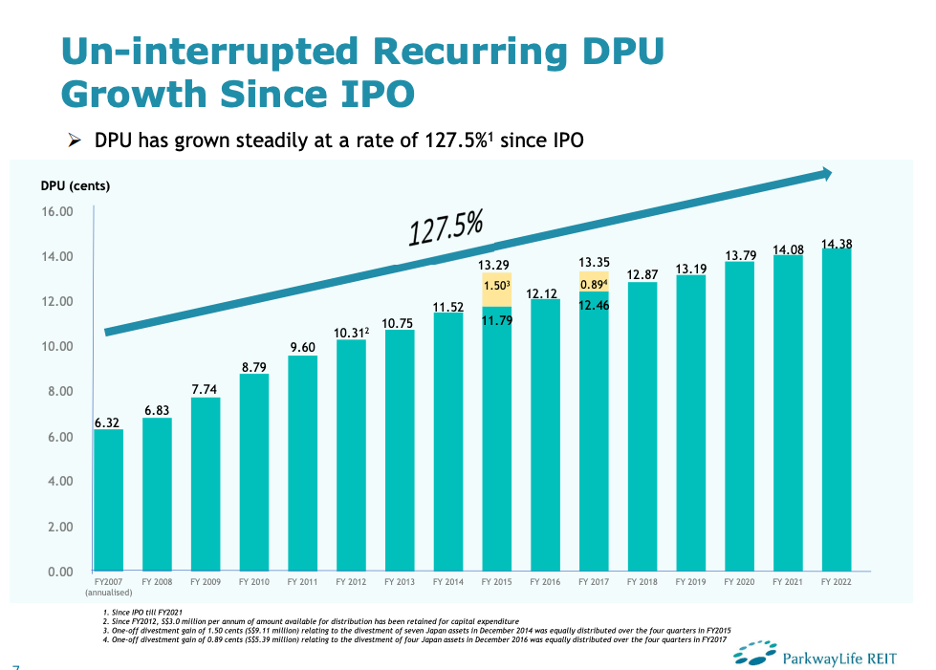
Source: Parkway Life REIT
2. Impressive total return
Investors who are looking for investments with a strong total return track record will find Parkway Life REIT to be attractive. The healthcare REIT has a total return of 330% as of 31 December 2022. This translates into an impressive CAGR of 10.2%.
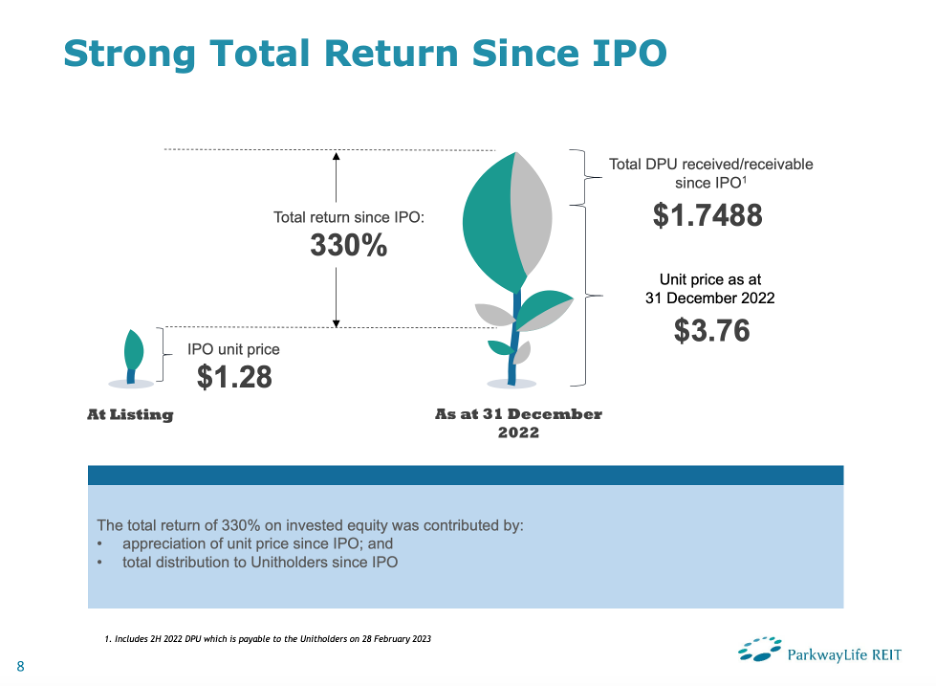
Source: Parkway Life REIT
3. Acquisition and Expansion Strategy
Aside from the strong track record in terms of its DPU and share price, strategic acquisitions, such as the recent addition of nursing homes in Japan will continue to drive growth forward. In fact, contributions from five Japan nursing homes acquired in 2022 and two nursing homes in 2023, are among the main drivers that boost gross revenue growth by 4.7% yoy to S$73.1 million. This brings the full year revenue to S$147.5 million, up 13.5% yoy.
4. Higher rent from Singapore hospitals supports growth
Higher rent from Singapore hospitals under new master lease agreements contributed to Parkway Life REIT’s revenue growth. The terms and renewals of these agreements are crucial for sustained income. Singapore’s portfolio for Parkway Life REIT accounted for 69.5% of its total revenue and 71.1% of its total net property income (NPI) during H2 2023. The higher rent from Singapore hospitals under its 20-year lease agreement, which started on August 2022, boosted both revenue and NPI in H2 2023.
5. Manage forex risk with natural hedge financing strategy
For REITs with international assets, like Parkway Life REIT, currency exchange rates, notably the weaker yen, can affect earnings. In order to manage this risk, Parkway Life REIT adopted a natural hedge financing strategy to achieve stable net asset value. This is done by matching its asset currency with financing currency to mitigate the principal foreign exchange (forex) risks.
6. Strong balance sheet
With a gearing ratio of 35.6%, Parkway Life REIT maintains a solid balance sheet. This positioning allows for up to approximately 14.4% additional leverage before reaching the regulatory cap, enabling potential inorganic growth through further borrowings.
7. Resilient business model
Parkway Life REIT has a resilient business model that rides on the growth potential of the Singapore healthcare industry. The Singapore portfolio offers income certainty with a renewal term of 20.4 years until 2042. A clear rent structure also provides a clear pathway for its organic growth in the long term. As for its portfolio in Japan, Parkway Life REIT has a well-diversified portfolio with 57 high-quality nursing home properties worth S$758.5 million. Most nursing homes have “up only” rental review provisions, while all of the properties in Japan are also secured with security deposits with an average of 4 months of gross rental.
8. Low cost of debt mitigates the rising interest rate risk
Rising interest rates pose a significant risk, particularly for REITs with considerable debt levels. Over the last year, the financial landscape has seen tightening monetary policies globally, leading to increased borrowing costs. For Parkway Life REIT, with an all-in cost of debt remarkably low at 1.27% and a strategy that includes interest rate swaps, the impact is mitigated.
9. Resilient portfolio quality with a diversified presence
The value and quality of the underlying assets, including hospitals and nursing homes valued at $2.23 billion for Parkway Life REIT, determine resilience against market downturns and potential for capital appreciation.

Source: Parkway Life REIT
10. Strategic long-term vision for investors
Parkway Life REIT’s visionary strategy focuses on sustainable growth within the Asia-Pacific healthcare sector. It emphasizes targeted investment, proactive asset management, and dynamic capital and financial management.
Stability and growth potential for investors
The strong DPU growth, resilient business model and strategic acquisitions provide a compelling blend of stability and growth potential for investors. With a low cost of debt and a strategic vision for the Asia-Pacific healthcare sector, Parkway Life REIT is well-positioned to navigate the challenges and opportunities ahead, making it an attractive choice for investors seeking sustainable returns in a vital industry.
Disclaimer: ProsperUs Head of Content & Investment Lead Billy Toh doesn’t own shares of any companies mentioned.

Billy Toh
Billy is deeply committed to making investment accessible and understandable to everyone, a principle that drives his engagement with the capital markets and his long-term investment strategies. He is currently the Head of Content & Investment Lead for Prosperus and a SGX Academy Trainer. His extensive experience spans roles as an economist at RHB Investment Bank, focusing on the Thailand and Philippines markets, and as a financial journalist at The Edge Malaysia. Additionally, his background includes valuable time spent in an asset management firm. Outside of finance, Billy enjoys meaningful conversations over coffee, keeps fit as a fitness enthusiast, and has a keen interest in technology.


